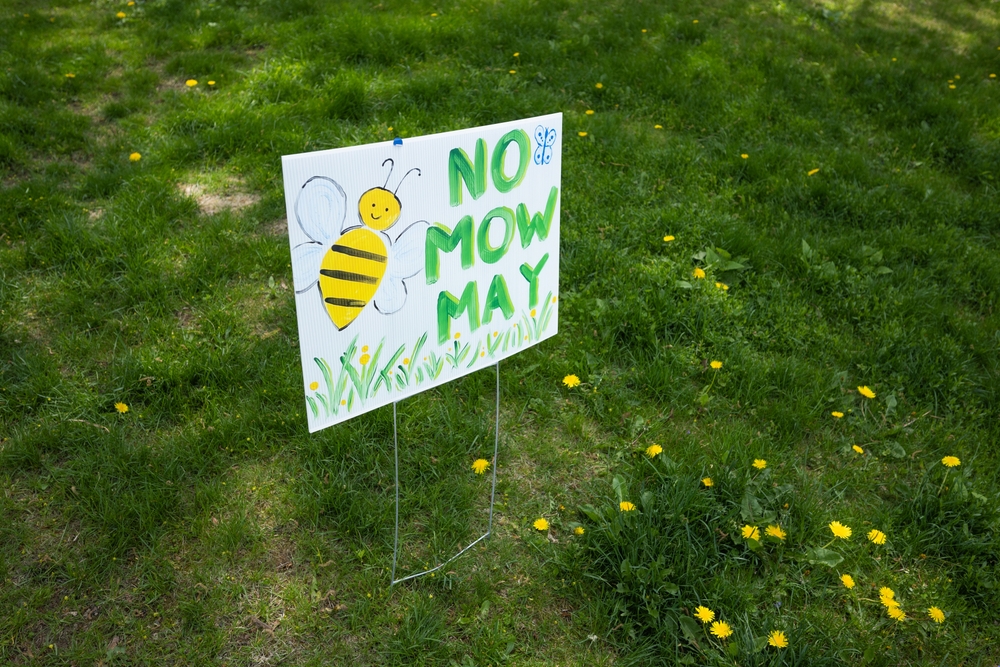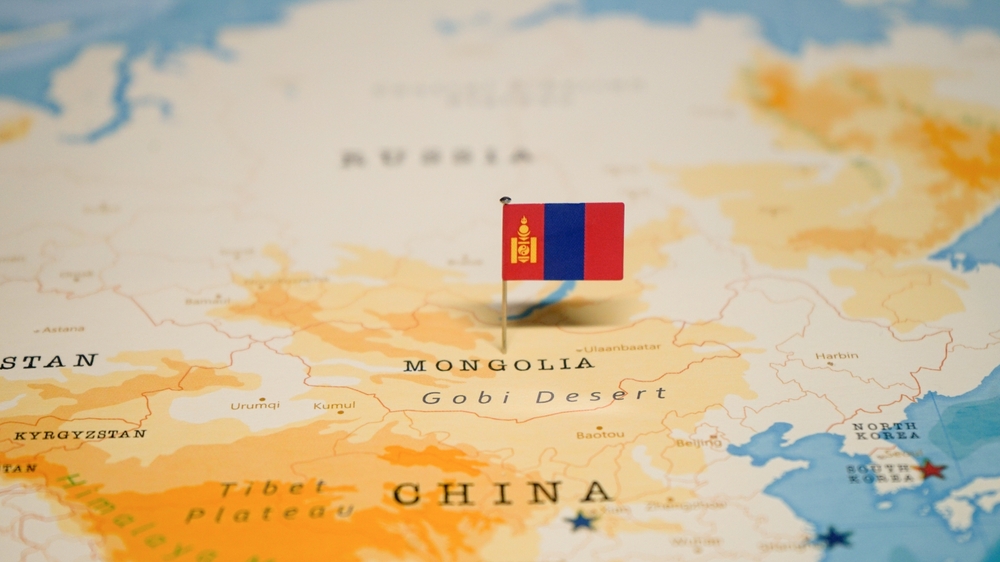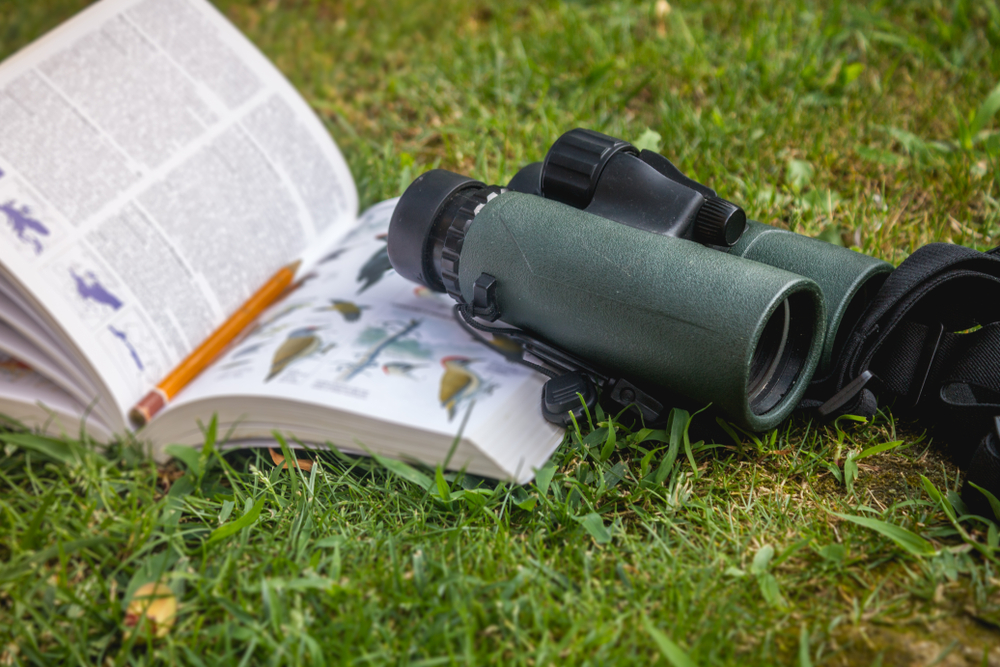Listening is the best medicine against violence
How can we save the world from growing intolerance, how can we stop the spiral of violence? ‘Silence is often the best answer,’ says the Dalai Lama. More and more experts are admitting he is right. This is not the time for analyses, reports and threats. We now need to stop and take the time to really listen to one another. Of course, listening is not always easy, but a growing number of initiatives are aiming to help people master this difficult art. The International Listening Association declared March to be International Awareness Month. As part of their campaign they gave tips on how to listen. ‘Count to three when the person you are speaking with has finished talking. That person will often take this to be a signal to go on talking. You will be surprised at how much extra information you get. If you are interrupted, do not get irritated, do not attack and do not lecture, but simply say: “Please listen for a moment, I am not finished yet.”‘
One of the most experienced experts in the field of listening and speaking is Margaret Wheatley. In her book Turning to One Another (Berret-Koehler Publishers, 2002) she claims that people have become more and more isolated from each other – each of us seems to be alone in the world: ‘We no longer seek consolation from one another, but in material goods. The whole world is heading with lightning speed, as if hypnotised, in the wrong direction, away from each other, towards more belongings. We promise ourselves all kinds of things, except each other. We have forgotten the true source of peace and contentment.’ Wheatley sees only one remedy: listening to each other’s stories, needs, fears and dreams, even to those we have come to call ‘the enemy’. And not just at the negotiation table, but also at the kitchen table or leaning against a fencepost.
Because it is not always easy to find the right words, Nancy Guilmartin wrote Healing Conversations (Jossey-Bass, 2002). Its focus: what to say when you do not know what to say. For example, what do you say to a colleague who learns he has cancer, to a child whose pet is dying, to a friend whose support you need, to your best friend who is getting a divorce, or to the relatives of the deceased at a funeral? In many cases Guilmartin reaches the conclusion that listening and ‘being there’ are more important than finding solutions and pronouncing well-phrased sentences. She warns: ‘Conversations that are meant to heal are messy by definition – the disease will come to the surface.’ Guilmartin also warns the reader not to expect any quick, simple solutions. Healing takes time. ‘Only if you take time for each other will you finally feel safe enough to let your hair down. You have to feel safe enough to be emotional or irrational one day, and to know you still have a friend the next. It takes courage to show your despair, numbness, apathy, anger or confusion. Friends listen, unconditionally.’
Margaret Wheatley spent years listening to people from all over the world and found out that successful projects – from food aid programmes to Nobel Prize-winning discoveries – often began with the statement ‘I was sitting with some friends, talking…’. Wheatley: ‘Conversations are the natural way for people to think together.’ If listening is hard, conducting a stimulating conversation will be harder still. The American psychologist Michael Kahn wrote a book about it: The Tao of Conversation (Rainbow Pockets, 1998). He describes people entering a conversation with the intention of winning, people that only feel better if the other person feels worse. ‘We so badly want to be heard and confirmed that we think it is worth having an argument.’ The listener is the one who is catching his breath after having presented his view. Kahn explains what a relief it was when he discovered a conversation does not have to be a contest. Like the Tao, it can flow calmly and peacefully and still be very powerful. Kahn’s tip: ‘Engage in a conversation as if you were making love to someone. Your good mood depends on how good the other feels. Or is your idea of a conversation a jam session, where musicians listen to each other and are inspired by each other? Ask yourself: Do I want to learn or do I want to win?’
Listening, true listening, heals. This was beautifully described years ago in Michael Ende’s classic Momo and the time savers. Because she is the only one in a hurried world who has time to really listen, the little vagabond girl Momo steals the hearts of all. Even children – taking after their parents – have less and less time for stories and games. In the end, Momo saves the city from the gloomy oppression of the grey men who are stealing everybody’s time. Listening as the solution to the world’s problems seems so simple, but in practice turns out to an enormous challenge. It is time we learned that history only repeats itself because nobody was listening the first time.











